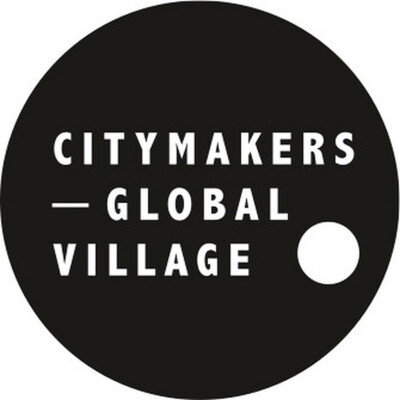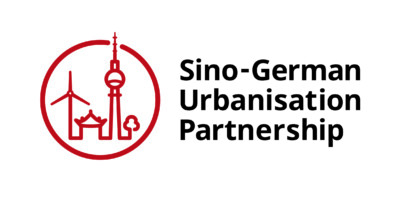About the Sino-German Urbanisation Partnership
The Sino-German Urbanisation Partnership was founded in 2013 as a response to rising rates of urbanisation, a higher frequency of climate change-induced natural disasters and increasing levels of environmental degradation. The Deutsche Gesellschaft für Internationale Zusammenarbeit (GIZ) has been responsible for implementing the Partnership Project since June 2016 and focuses on promoting sustainable, integrated urban development in China and Germany. This includes the effective reduction of CO2 emissions, a more balanced distribution of urban conurbations and an improvement in the quality of life in Chinese cities.
The Sino-German Urbanisation Partnership – key actor in Sino- German cooperation in the field of urban development
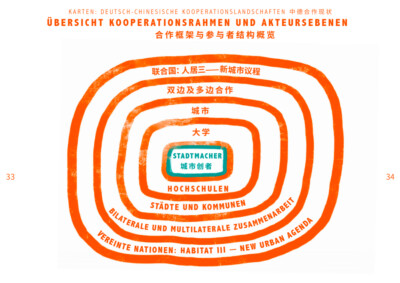
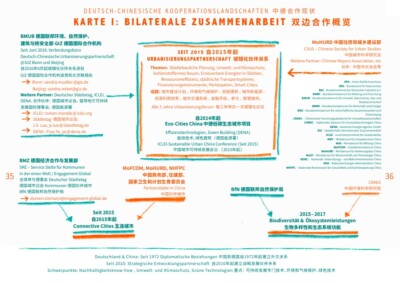
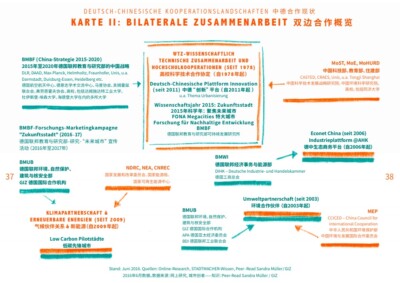
Approaches to promote a sustainable, integrated urban development in China and Germany
Facilitate Political & City Dialogue
The Sino-German Urbanisation Partnership aspires to positively influence urban and environmental policymaking and implementation through policy dialogues between the German Ministry of the Environment (BMU) and the Chinese Ministry of Housing and Urban-Rural Development (MoHURD), as well as their associated institutions.
Moreover, the partnership supports close cooperation and practical exchange between German and Chinese cities by acting as a platform for cities to address their challenges. The annual Mayors Summit as part of the two-week long Mayors Study-Tour Programme to Germany provides a platform for German and Chinese local officials to discuss common obstacles and solutions concerning integrated approaches to sustainable urban development.
Set up Conferences, Workshops and Trainings
The Sino-German Urbanisation Partnership (SGUP) hosts and actively supports activities that contribute to stimulating dialogues and debates, idea-exchange, knowledge-transfer, and overall environmental awareness among our partners.
Furthermore, the partnership designs training programmes and workshops to facilitate an interactive and dynamic exchanges of ideas, as well as equip their partners with the latest approaches and techniques available for promoting integrated and sustainable urbanisation. Through the training courses and workshops, policy advisors and decision-makers can increase their knowledge, skills and capabilities.
